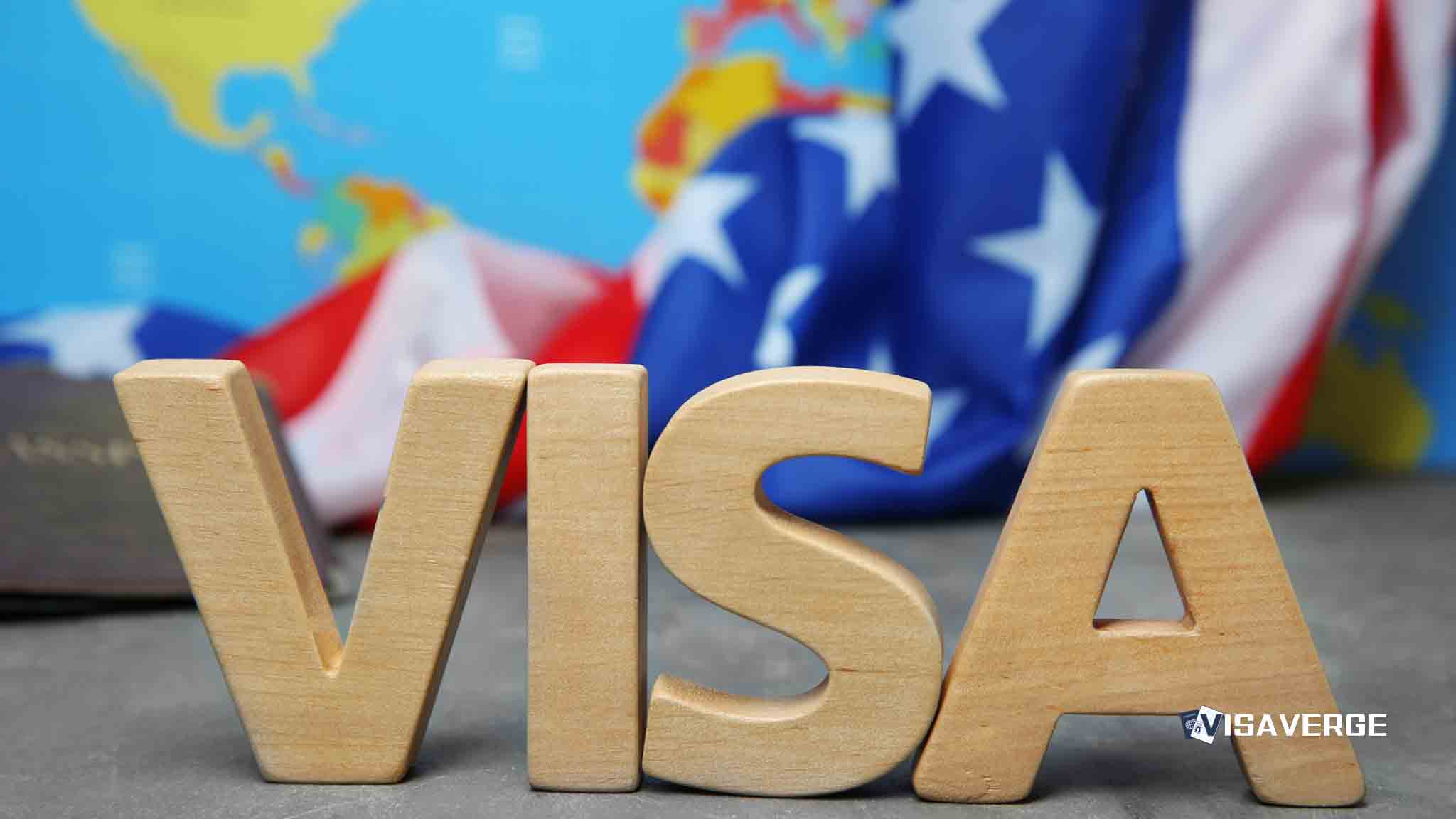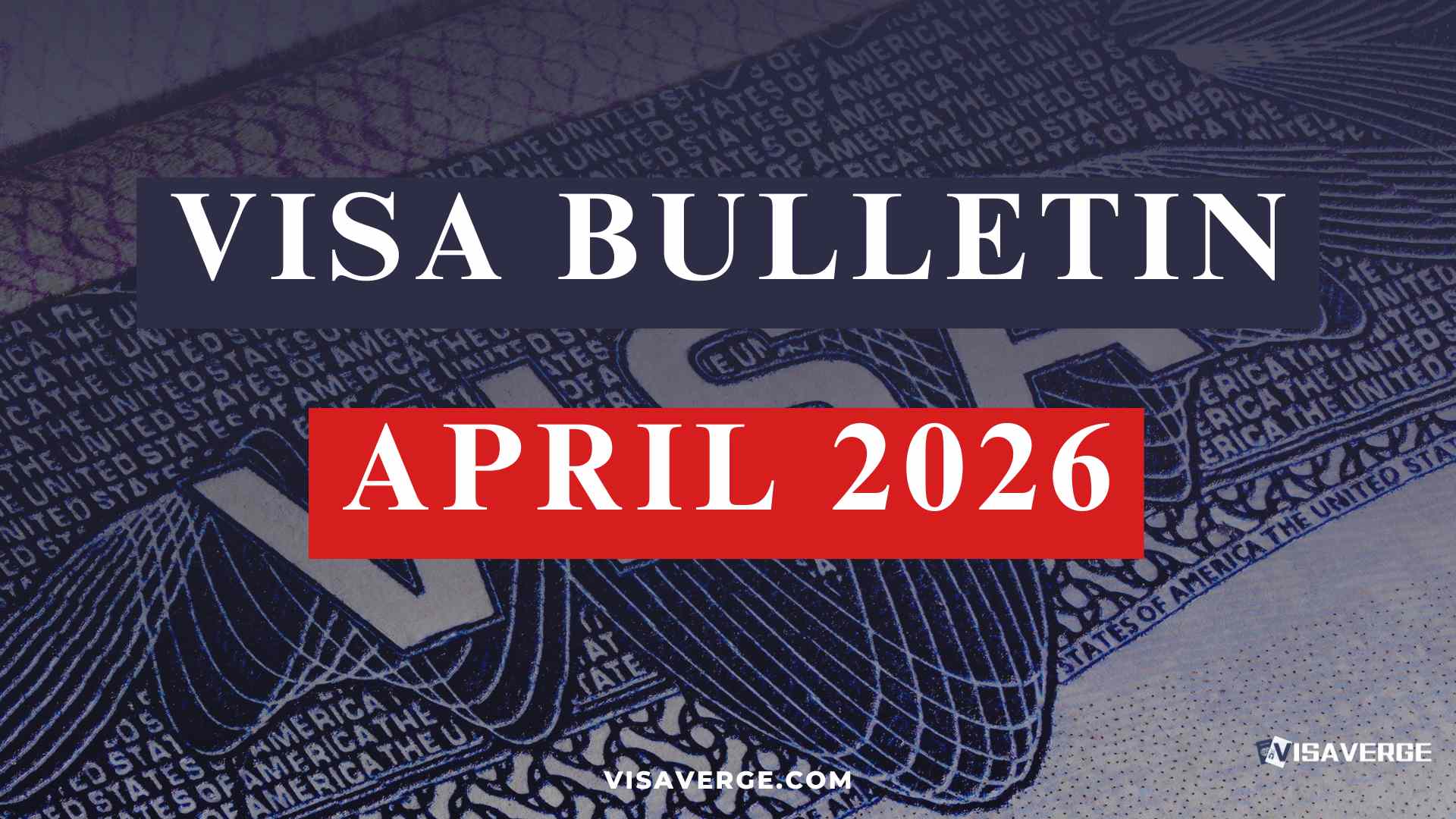Understanding Dual Citizenship
Dual citizenship, often known as dual nationality, is a legal status wherein an individual is recognized as a citizen of two countries simultaneously. This status can bring an array of benefits, such as the ability to live and work in two countries, own property in both, vote in elections, and receive social services. However, obtaining dual citizenship invariably involves navigating through various legal complexities and fulfilling specific requirements.

Eligibility for Dual Citizenship in the United States
Not every individual is eligible to become a dual citizen of the U.S. Here are the primary pathways to obtaining dual citizenship in the United States:
Birthright Dual Citizenship
Under the principle of jus soli, or “right of the soil,” being born in the U.S. automatically confers American citizenship, regardless of the parents’ nationality. Similarly, someone born outside the U.S. to at least one American parent may also claim citizenship through jus sanguinis, the “right of blood.”
Naturalization
Foreign nationals who have been permanent residents (green card holders) in the U.S. for at least five years (or three years if married to a U.S. citizen) may be eligible to apply for naturalization. Applicants must also meet other requirements, such as:
- Being at least 18 years old.
- Demonstrating continuous residence and physical presence in the U.S.
- Showing the ability to read, write, and speak English.
- Passing a test on U.S. history and government.
- Taking an oath of allegiance to the United States.
Marriage to a U.S. Citizen
Marrying a U.S. citizen does not automatically confer citizenship, but it can make one eligible to apply for naturalization in a reduced time frame.
Dual Citizenship through Ancestry or Investment
Some countries offer citizenship through ancestry or investment, which can then lead to dual nationality when paired with U.S. citizenship.
For detailed information on the naturalization process, visit the U.S. Citizenship and Immigration Services (USCIS) website at USCIS – Citizenship.
Dual Citizenship Requirements
Becoming a dual citizen is a process that comes with specific requirements. Here are some standard procedures a prospective dual national must undergo:
Naturalization Test
Passing a naturalization test is a critical step in becoming a U.S. citizen. The test includes questions on U.S. history, constitution, and civic principles.
Language Proficiency
Proficiency in English is required for naturalization. Applicants must demonstrate an ability to understand, speak, write, and read the language.
Legal Proceedings
The process often involves official applications, interviews, and ceremonies. This can vary depending on the countries involved in the dual citizenship arrangement.
Maintaining Good Moral Character
Applicants must prove that they have maintained good moral character during the qualifying period for naturalization.
For an exhaustive list of requirements, check out USCIS – Naturalization Information.
Benefits of Dual Nationality
Holding dual citizenship can bestow several advantages that reach beyond the boundaries of a single national identity:
Travel Freedom
Dual citizens can enjoy the visa-free travel rights accorded by both of their nationalities, making international travel easier and often less costly.
Educational Opportunities
Dual citizens have access to educational options in both countries, potentially at local tuition rates, which can lead to a broader range of scholarships and grants.
Employment and Business Prospects
With the legal status to work in two countries, dual citizens could have expanded employment opportunities and the ability to start and operate businesses in both nations.
Cultural and Social Integration
Being a citizen of two countries enables deeper cultural understanding and integration, promoting a sense of belonging in multiple societies.
Safety Net of Social Services
Dual citizens can potentially benefit from social services and healthcare systems in two countries, offering a greater safety net in times of need.
Potential Challenges and Considerations
Despite the advantages, dual citizenship can raise practical and ethical challenges. Here are some to consider:
Tax Obligations
U.S. citizens, including dual citizens, are subject to tax reporting on their worldwide income. This may result in complex tax situations, especially as it pertains to compliance with the tax laws of both countries.
Conflict of Laws
Navigating dual sets of laws can be complicated, and there could be conflicting obligations, such as compulsory military service or issues with security clearances.
Renunciation and Loss of Citizenship
A dual citizen might face situations where they have to renounce one of their citizenships, often due to legal conflicts or personal scenarios.
In conclusion, obtaining dual citizenship in the U.S. is a multifaceted process with its own sets of requirements and a plethora of benefits. It provides more freedom in terms of residency, work, and education, while also allowing for an enriching life experience imbibed with the cultural riches of both countries. Prior to seeking dual nationality, it is important to fully understand the obligations, particularly in relation to taxes and adherence to laws. Those interested in the pursuit of dual citizenship should conduct thorough research and potentially consult with legal professionals to navigate the intricate process.
And there you have it, folks! Dual citizenship may seem like quite the adventure, but it’s worth exploring the possibilities. From visa-free travel to expanded job opportunities, and even the chance to experience two unique cultures – the benefits are endless. Just remember, it’s important to do your research and understand the requirements before diving in. If you’re hungry for more information, head over to visaverge.com for a deep dive into the world of dual citizenship. Happy exploring!
This Article in a Nutshell:
Dual citizenship allows individuals to be recognized as citizens of two countries at the same time. It brings benefits like living and working in both countries, owning property, voting, and receiving social services. Requirements vary by pathway, such as birthright, naturalization, marriage, ancestry, or investment. Thorough research and consultation with legal professionals is advised.







